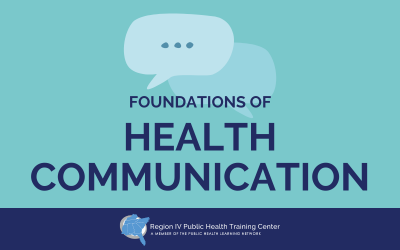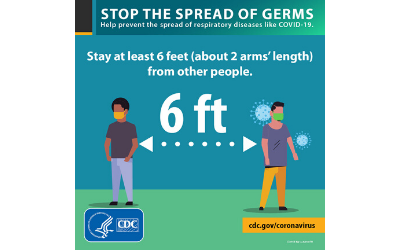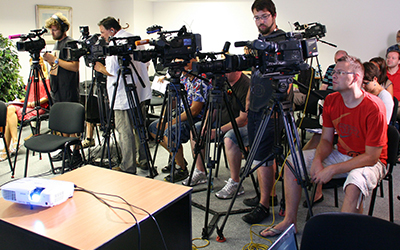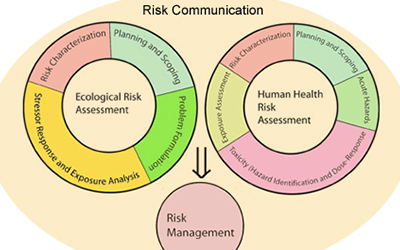
Leading Across Generations: Fostering Collaboration and Connection in Public Health

Leading Across Generations: Fostering Collaboration and Connection in Public Health
Year: 2025 | Competency/Strategic Skill: Communication; Leadership and Systems Thinking | Priority Topic: N/A | Setting: Online | Format: Live | Sponsor: Emory University/Central Office
Overview:
This is a live webinar on June 11, 2025, from 12:00 pm-1:30 pm ET. Participants will use Zoom to join.
An insightful webinar designed to explore generational differences within the public health workforce. This session aims to foster understanding and acceptance, encouraging leaders to champion unique differences and collaboration among all generations represented in their workplace. The content is tailored to spark reflection and conversation, ultimately enhancing leadership development and promoting a cohesive and effective public health environment.
Nina M. Johnson, EdS, LMSW, APTD has 15 consecutive years of professional experience in learning and talent development for communities, not-for-profit organizations, and government municipalities. As a skilled communicator, Nina has a history of implementing innovative programs focused on learner needs and performance enhancement. Utilizing her experience as a social worker, Nina employs exceptional relationship-building skills to connect with communities and clients with honor and respect to design and implement learning and leadership initiatives that are reflective of the needs and capacity of the community. Much of Nina’s work encourages and empowers leaders and potential leaders to access vulnerability, hope, and authenticity as leadership tools.
As a learning and leadership consultant, Nina develops, delivers, and evaluates leadership development programming and trainings for communities, organizations, and individuals. In addition to establishing transformative learning programs, Nina contributes to organizational cultures by championing initiatives to boost belonging and diversity. In addition to establishing transformative learning programs, Nina contributes to organizational cultures by championing initiatives to boost belonging and diversity.
Learning Objectives: By the end of this webinar, participants will be able to:
- Identify insights into the unique characteristics and contributions of different generations within the public health workforce.
- Recognize effective leadership strategies to promote collaboration and connection among all generations in their workplace.
CERTIFICATE: The course contains two modules: a module to access the webinar and an evaluation module. After accessing the two modules, learners will earn a certificate of completion. When the certificate is available, learners will see a Certificate button on their dashboard.
This project is supported by the Health Resources and Services Administration (HRSA) of the U.S. Department of Health and Human Services (HHS) under grant number UB6HP31680, Public Health Training Centers for $4,348,992. This information or content and conclusions are those of the author and should not be construed as the official position or policy of, nor should any endorsements be inferred by HRSA, HHS or the U.S. Government.









































